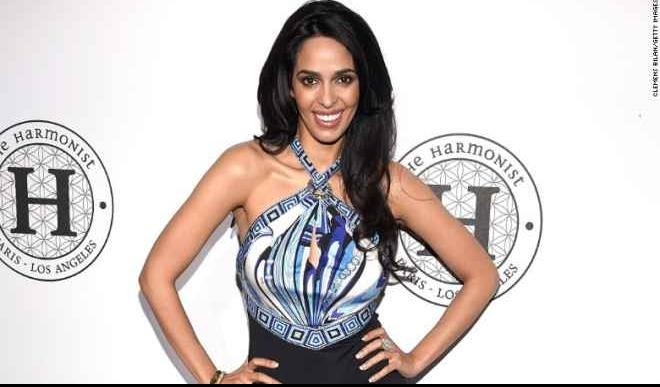Triple trouble: why book trilogies are better than film
My family has just moved house, and unpacking the endless boxes of books has reminded me of the sheer amount of fantasy we have. Guy Gavriel Kay’s Fionavar trilogy. Trilogy after trilogy by Robin Hobb. Piles and piles of Steven Erikson. Joe Abercrombie. It’s everywhere, there aren’t enough shelves for it. We’re drowning in triple-deckers. […]


My family has just moved house, and unpacking the endless boxes of books has reminded me of the sheer amount of fantasy we have. Guy Gavriel Kay’s Fionavar trilogy. Trilogy after trilogy by Robin Hobb. Piles and piles of Steven Erikson. Joe Abercrombie. It’s everywhere, there aren’t enough shelves for it. We’re drowning in triple-deckers.
I was mildly comforted, then, by a new graduate study of film and book trilogies: three-volume novels, it turns out, get better (at least in terms of reviews), while film trilogies get worse (ditto). Perhaps that’s why our house isn’t slowly collapsing under the weight of DVDs.
The study’s author, statistics graduate student Kaylin Walker, took a range of book and film trilogies, and analysed their reviews on Goodreads and IMDb. “Movie trilogies get worse, losing favour with each film, while book trilogies secure higher ratings for book two and maintain them for book three,” she writes.
Walker speculates as to why this might be: “It could be that book content is better. Authors have the opportunity to lay out the full arc from the start, resulting in a more cohesive story, while movie trilogies are often constructed quickly following box-office success, resulting in third-act disasters like The Matrix Revolutions or slapdash profit grabs such as Legally Blondes.”
I asked Abercrombie, whose dark, funny fantasy novels I love, what he thought of this theory. “People talk often about ‘middle-book syndrome’, where there’s a lag in excitement in the second volume, with neither the excitement of new beginnings nor the satisfaction of seeing threads come together,” he says. “For me, though, in both the trilogies I’ve written, the middle book has probably turned out best. There’s a sense of freedom in not having to do the heavy lifting of setting up the world and introducing the characters, nor of bringing everything to a satisfying conclusion. You’re spinning the wheels, working with characters you’re now comfortable with, building the relationships between them. Maybe there’s also a sweet spot of scale between smaller events in a first book and world-changing stakes in a final instalment that can be a little impersonal.”
Abercrombie also feels that those readers who make it to the end of a trilogy are likely to be converted to its charms. “The first book in a series will always get by far the most reviews. People who really don’t like the style of the author may try that first book, hate it, give it a low rating, and never move on to the others. So there’s a kind of natural selection at work where the further into a series you get, the more you only have readers that like the basic approach,” he says.
This is a point that Walker makes, too. “It could be that book ratings for later trilogy instalments are biased: why would a reader who didn’t like book one read and rate book two?” she writes. “The pool of users who rate the second and third books are likely the readers who rated the first book positively, resulting in higher ratings for the subsequent books. This effect may be present in movie ratings, but the time commitment is less of a barrier: 90 minutes to watch Men in Black II versus 20 hours to read A Court of Mist and Fury.”
Sadly for the look of our house, I’m the sort of person who will plough on endlessly with a fantasy author once I fall for the worlds they’ve created – that’s why we have so many Terry Goodkinds and Robert Jordans here, even though their series took sharp turns for the worse many moons ago. But at least now I have something to wave at my husband when he complains about the numbers of books lying around the place: book trilogies get better, don’t you know – it’s been proven by statistics.
Source:Theguardian.com
